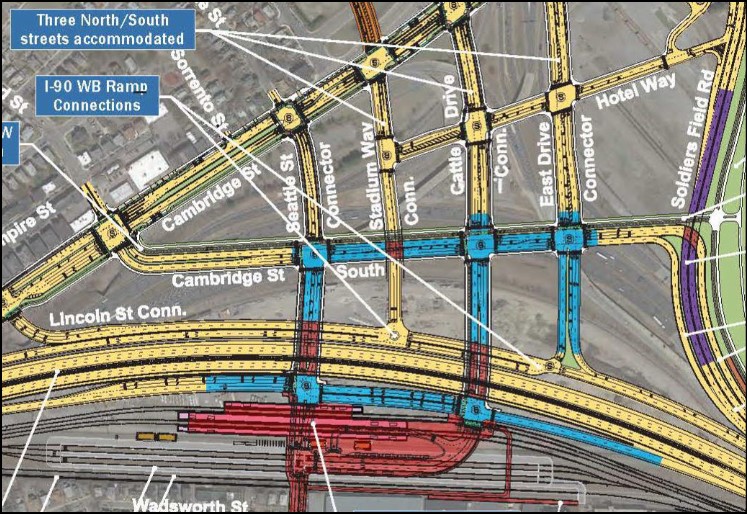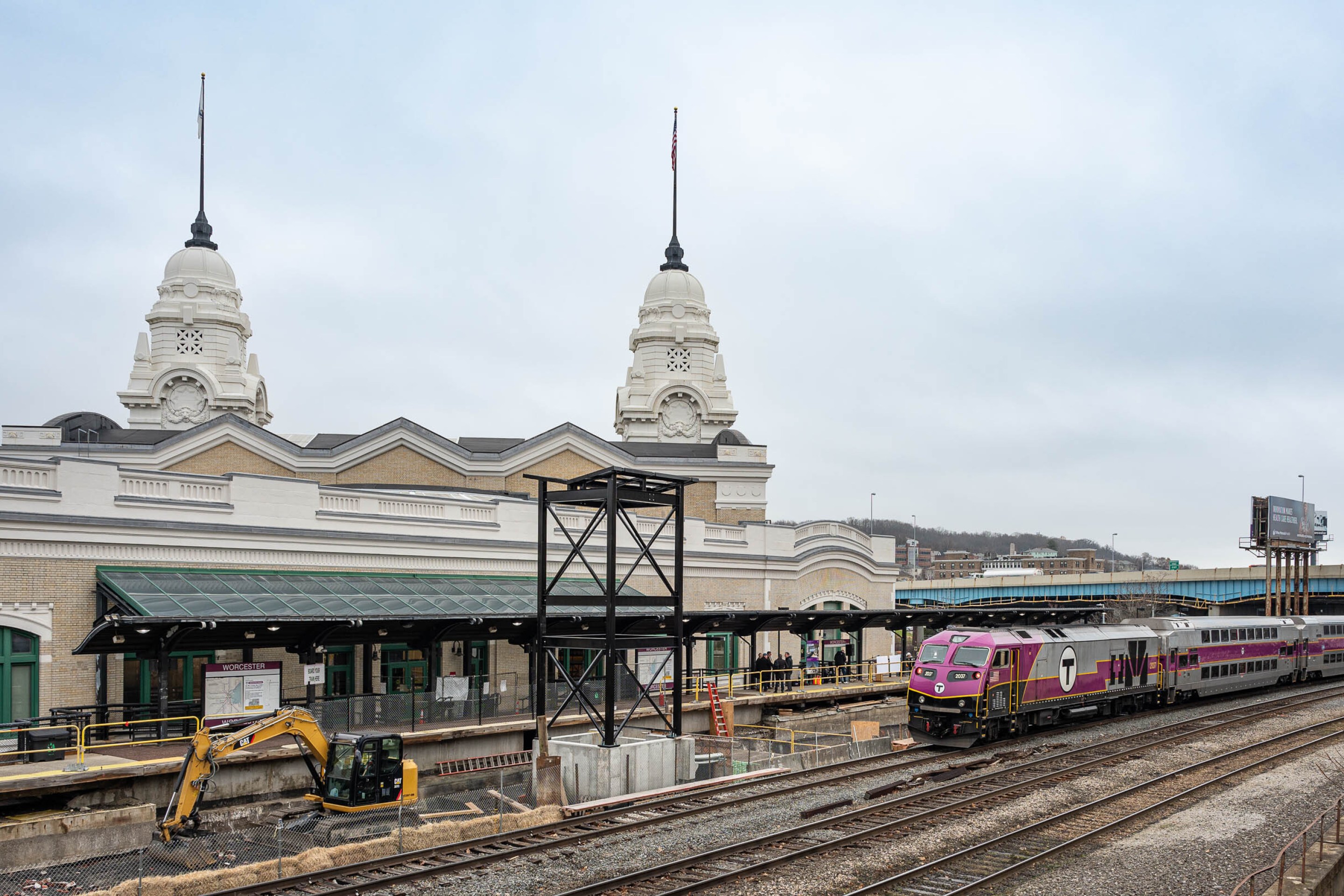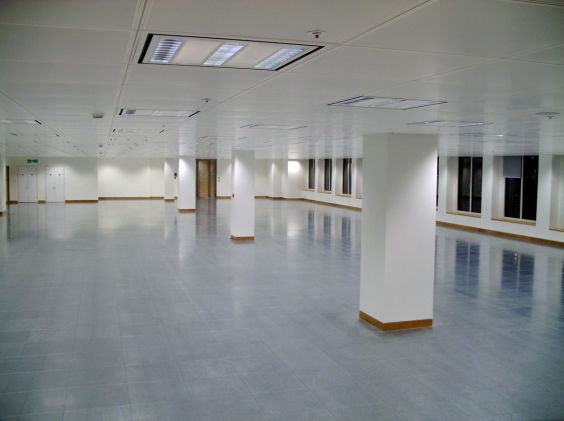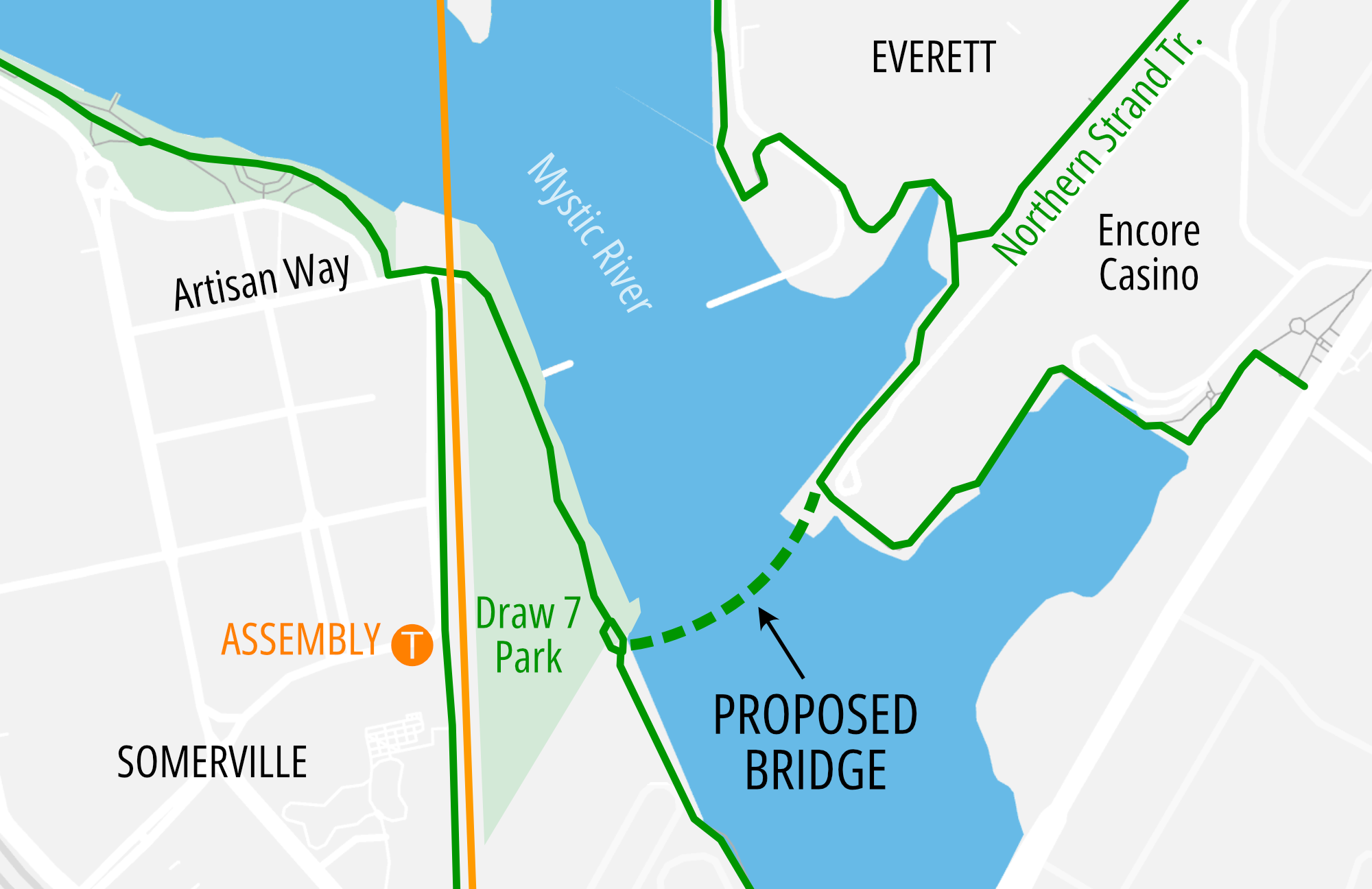On Bluebikes, Batteries Won’t Be Included Anytime Soon
3:59 PM EDT on September 8, 2020
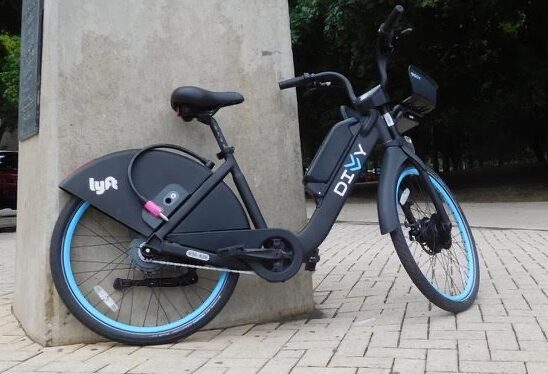
A pedal-assist electric bike from Chicago’s Divvy bikesharing system. Photo by Imelda March, courtesy of Streetsblog Chicago.
Pedal-assist electric bikes (or e-bikes) have been proliferating among North America's biggest bikesharing systems this summer: in New York City, Citibike introduced 250 new e-bikes in February and has been struggling to add more in response to strong demand; Chicago's Divvy bikeshare rolled out its first pedal-assist bikes in July; in Portland, Ore., Lyft, the new operator of the Biketown system, announced plans to replace the city's entire bikesharing fleet with 1,500 new e-bikes this summer.
The bikesharing systems of Los Angeles, San Francisco, Washington, D.C., Minneapolis, Philadelphia, Montreal, and Toronto have similarly been adding thousands of new e-bikes into their fleets in recent months.
Even here in Massachusetts, the entire fleet of the ValleyBike system in the Pioneer Valley includes pedal-assist motors. But there's one big bikesharing system that's still shunning e-bikes for now: the Bluebikes system of greater Boston.
Bluebikes is operated by Motivate, a subsidiary of Lyft, the same company that runs Citibike in New York, Divvy in Chicago, and several of the other systems listed above.
But unlike some of those other systems, Bluebikes is jointly owned by the Cities of Boston, Cambridge, Somerville, and Everett, and the Town of Brookline. Motivate handles the system's day-to-day operations, but the municipalities own the bikes themselves, and the stations.
That means it's up to the cities and towns in the Bluebikes system to buy e-bikes for our publicly-owned bikesharing system. And a spokesperson for the City of Boston says that "it is unlikely that we will add e-bikes to the Bluebikes fleet in the near future."
Here are a few of the reasons why that is:
- They're still technically illegal on bike paths. Under current state law, e-bikes are still illegal on bike paths like the Paul Dudley White pathways along the Charles River and the Southwest Corridor. Fortunately, this issue seems likely to be resolved soon: the bond bill that passed in the Massachusetts Senate earlier this summer would legalize pedal-assist bikes on those popular routes, but that bill is still waiting for formal approval from the House and the Governor before it can be enacted as law.
- It's still a relatively unproven technology. E-bikes are more expensive to replace than the current bikes, and municipalities are reluctant to spend a lot of money on bikes that might need to be replaced within a few months. Lyft's initial rollout of 1,000 e-bikes in New York's Citibike network was cancelled in April 2019 because improperly installed brakes on the system's first generation of e-bikes resulted in some rider injuries. Other e-bike and scooter systems have struggled with battery theft. "We look forward to a successful design iteration that doesn't have the types of rare, but important, issues that have come up in the past," wrote a Boston Transportation Department (BTD) spokesperson in an email.
- They're more expensive to ride, which raises equity concerns. Lyft typically charges a per-ride surcharge for e-bike trips on the systems it manages, in part to cover the logistics of charging e-bike batteries. "We feel this creates inequities in our system and do not want to add this cost to what our riders already pay for their passes," according to the BTD's spokesperson. "Until there is concurrence on covering the reported extra operational expenses, we are unlikely to bring e-bikes into the system. Chicago's Divvy bikeshare, which, like Bluebikes, is owned by local municipalities and operated by Motivate, has attempted to address equity concerns by establishing a fairly complex zone-based pricing system that offers free e-bike rides in the city's South and West side neighborhoods.
Becca Wolfson, executive director of the Boston Cyclists Union (disclosure: Wolfson is also a StreetsblogMASS board member), believes that none of these issues are insurmountable, and expressed a hope that Boston and other cities in the Bluebikes system could come up with creative solutions to bring e-bikes to the region soon.
To Wolfson, e-bikes open up opportunities to people who may not necessarily feel comfortable or able to ride a bike under their own power, and they also provide an option for riders to cover longer distances with less effort.
"A lot of lower-income communities and communities of color have less access to transit, and longer trips to jobs and services," said Wolfson in a phone conversation on Tuesday. "If e-bikes can reduce commute times and the amount of physical effort that's required, that might actually help reduce the Boston region's transportation inequities... The city has an obligation to explore this, to provide another, easier transportation option."
Stay in touch
Sign up for our free newsletter
